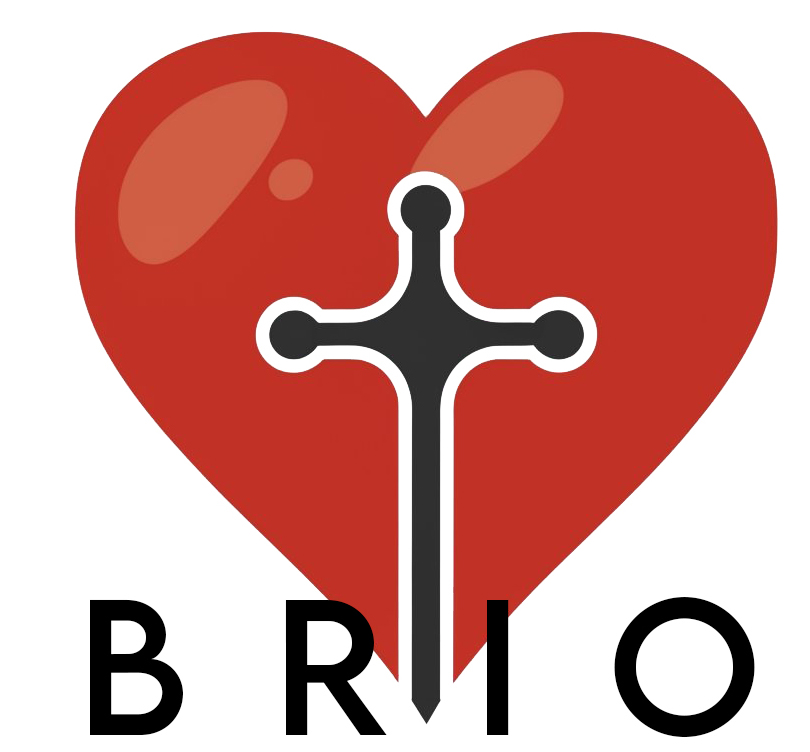Advanced English Reading – Dreams
Hi, you’re listening to the advanced reading class of Vocatic – a unique course that blends culture, linguistics and professional development. Today we’re going to talk about dreams.
Why is a hummingbird the symbol of Ingocio?
Well, the hummingbird is independent and strong, and can support its own weight. It also follows our philosophy of work hard play hard… it’s fast and industrious, but likes to taste the nectar. However, all these associations came after the event… the reason we chose the hummingbird is because of a dream I had in October, 2012.
In this dream I was inside a house standing by the front door. I heard something outside, opened the door and saw the source of the noise: a hummingbird. I moved my head towards the bird and everything slowed down; the bird’s wings went backwards then forwards and produced an incredible gust of air that woke me up. I almost jumped out of the bed.
Before that night, I’d always believed that trying to understand a dream was like trying to understand modern art. You’re looking at a swirl of images and trying to impose meaning when, most likely, the artist just threw a load of random colours onto the canvass. This dream, however, stayed with me all day… the way I opened the door and there it was… this beautiful hummingbird just hovering there… and why did its wings produce a gust of wind that woke me up? I refused to believe this was, what the experts say ‘my brain, processing the day’s information.’
After some research I discovered that in mythology the hummingbird is associated with rebirth, and I decided that my dream was a wakeup call. You see, at this time, I was trying to start Ingocio, but I was impeded by poverty, family conflicts and personal problems. These problems were sucking the life out of me and that’s why the hummingbird came. He made me open the door to look outside the house, meaning I should focus my energies outwards, on working, creating, building, improving my life and not be trapped by problems at home.
Anyway, this marked the beginning of both Ingocio, and my fascination with today’s topic: dreams. In a world of science, it seems that dreams are the final frontier: beautiful, complex, frightening… Was my interpretation of the hummingbird correct? Nobody knows; dreams are a complete mystery.
We also take them for granted. I mean, imagine for a second that I sold you a pill which put you unconscious for eight hours while your mind entered an alternative reality of hummingbirds and Star Wars and God know what. The police would arrest me for that, yet we enter this alternative reality every night. And no one thinks twice about it.
More importantly, if it is so easy to create alternative realities… simply by closing your eyes, how do you know that you’re not dreaming at this moment? How do you know that the audio you are listening to now is not just part of a dream? Usually we assess the reality of something because we can touch and smell and see it, but we do that when we are dreaming.
This question is one of the first philosophical questions a human asks itself as a child. How do I know I’m not dreaming now? And guess what the answer is, guys… you don’t.
There is only one clue that you are probably not dreaming, and that is consistency. Every night you go to sleep and travel to strange, shifting places and situations, but when you wake up… the same alarm clock goes off, the same overweight spouse lies next to you, the same shower, the same bastard of a boss asking for his report. It is the waking world’s consistency… that marks it as the waking world.
Doesn’t mean it’s real though!
Brains in bowls, do I really exist, does the exterior world really exist? Dreams are the fuel for such uncertainty about reality. An uncertainty that used to disturb me when I was younger. Later, however, I entered a subversive phase when the fact that nothing was definitely real became fun. When my teacher asked why I hadn’t done my homework… I said the reason was that I couldn’t be sure whether the homework, or in fact – the school itself – was real or not, and therefore if his request that I do said homework to be valid or not.
In the end, though, all these philosophical questions get killed off by the ultimate party killer… adulthood.
Yes you know that in some philosophical sense, we don’t know if we’re dreaming or not or if we’re microscopic organisms living on a giant chocolate éclair, but the fact is that, as already mentioned, this waking world is remarkably consistent. Once you’re older than 30 there’s one existential fact you know for sure – that whether this world’s real or not, BBVA will never forget to direct debit your car payment each month, and whether life is a dream or not… catching the bus to work will surely be a bitch.
*
Okay, that’s the end of today’s class of advanced English reading…now I’d like you to do your writing task for the week by visiting our website – advancedenglish.net or our Facebook page and telling us about any dream which has been significant to you, or maybe you think dreams are not significant. Tell us your opinion. I look forward to hearing your comments. Goodbye.
Vocabulary Focus
- Work hard play hard trabaja mucho relaja mucho: this common phrase in English is based on the idea that in life you must work very hard but you must also reward yourself and relax. “I follow a philosophy of work hard play hard.
- Impose: imponer: To make someone take or do something even though they resist. ”You’re looking at a swirl of images and narrative trying to impose meaning when, most likely, the artist just threw a load of random colours onto the canvass.”
Swirl remolino: A circular, fast moving image or movement.
- Assess evaluar: To evaluate. “Usually we assess the reality of something by touch.”
- Marks indica: shows, exemplifies. It is the waking world’s consistency… that marks it as the waking world.”
- Request petición: an official way of asking for something. “If his request was valid then we will deal with it.”
Advanced English reading questions
- Explain in your own words why the hummingbird is the Ingocio logo?
- Why does Rokeby mention modern art with reference to dreams?
- Say in one word the main quality about the waking world that allows us to know we’re not dreaming.
- What was the basis of Rokeby’s homework excuse?
- What’s an example of one unfortunate fact that always seems to occur irrespective of whether the world is real or not?
Advanced English Reading Answers
- Check the original description for your answer
- He says that trying to understand dreams is like trying to understand modern art.
- Consistency.
- They kick you.
- The bank wanting their money, your boss wanting his report.

